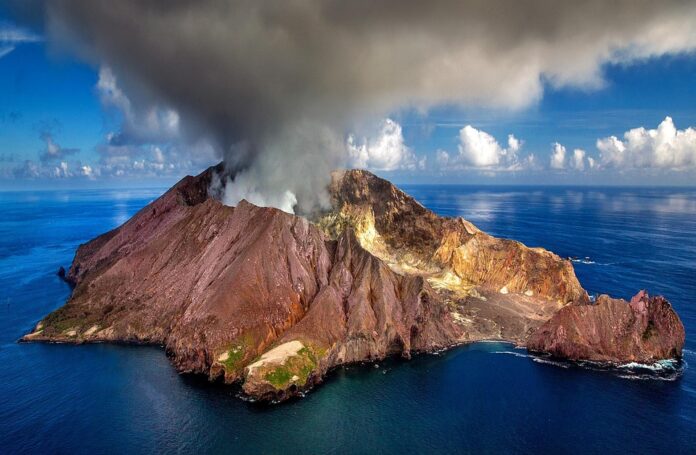The Seville Debt Forum will promote fairer lending, faster restructuring and long-term reform of the post-war financial system.
Hosted by Spain and supported by the United Nations, the forum is designed to maintain global attention on the debt crisis while delivering on strong commitments made at the June summit Fourth International Conference on Financing for Development (FFD4) in Seville in concrete actions.
Governments, finance ministers and creditors from developed and developing countries will unite for what the UN Secretary-General calls “a global debt dialogue” – a dialogue that aims to achieve financial justice and ensure that borrowing benefits, not against, developing economies.
“Developing countries spend $1.4 trillion a year on debt servicing.» said António Guterres at the launch in Geneva.
“And 3.4 billion people live in countries that spend more on debt servicing than on health or education. Countries should never have to choose between servicing their debt or serving their people.»
3.4 billion people live in countries that spend more on interest than on health or education.
Commitment to action
The new forum will also support the Seville commitmentan ambitious roadmap agreed at the FFD4 conference to make global finance fairer and more sustainable.
This document sets out plans to reduce borrowing costs, enable rapid and fair debt restructuring and increase transparency and accountability.
He also established a borrowers forumlaunched in Seville in July, to help struggling countries coordinate their efforts, share legal and technical expertise and amplify their voice in a system long dominated by big lenders.
Serve the people
The Seville Process – including both Commitment and the Action Platform – reflects growing concern that skyrocketing debt is derailing progress toward Sustainable Development Goals (SDG).
More than 60 developing countries now spend at least 10 percent of their public revenue on interest payments.while many face decreasing access to affordable credit.
Under this new framework, countries will work to develop common principles for responsible borrowing and lending, strengthen crisis prevention mechanisms, and explore reform of the global debt architecture – long considered outdated and fragmented.
“The Seville Debt Forum help ensure the financial justice that citizens and countries need and deserve“, said Mr. Guterres. “The United Nations is proud to participate in this effort, and I thank Minister [Carlos] Cuerpo and the Spanish government for their tireless efforts.
Originally published at Almouwatin.com











